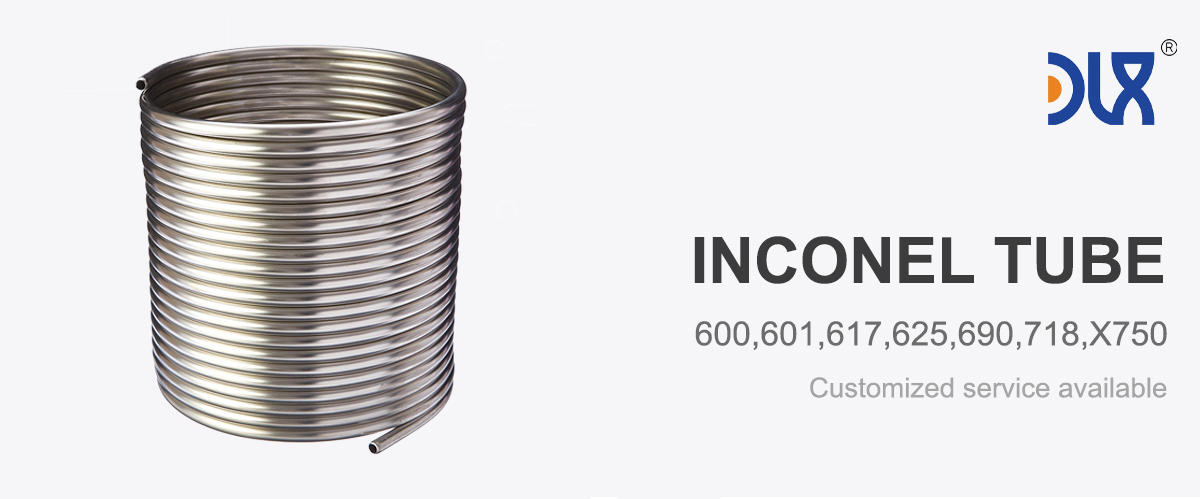
We’re thrilled to showcase our Inconel 625 (GH3625) coil tubes, a top-tier solution for heat exchanger systems that demand unmatched durability and performance. This nickel-based superalloy is engineered to thrive in the harshest environments, from scorching temperatures to corrosive chemicals. Its unique properties make it a go-to choice for industries like power generation, chemical processing, and oil and gas. Our coil tubes are designed to deliver reliability, efficiency, and longevity, ensuring your heat exchanger systems run smoothly even under extreme conditions. Let’s explore what makes our Inconel 625 coil tubes stand out, dive into their applications, and look at the trends shaping their role in key industries.
For more details, pls directly contact us.
Inconel 625, also known as GH3625 in some standards, is a nickel-chromium-molybdenum alloy with a touch of niobium, giving it exceptional strength and corrosion resistance. Its composition—roughly 58-63% nickel, 20-23% chromium, 8-10% molybdenum, and 3-4% niobium—makes it a powerhouse against corrosion, oxidation, and high-temperature degradation. Our coil tubes are crafted to handle temperatures from cryogenic levels to 982°C (1800°F), making them ideal for heat exchangers in demanding settings. The coiled form allows for continuous lengths, reducing joints and welds, which minimizes weak points and boosts efficiency in manufacturing and installation.
We produce our Inconel 625 coil tubes to meet stringent standards like ASTM B444 for seamless tubing and B704 for welded options, ensuring top quality. The seamless design and flexibility of coil tubing make it perfect for complex heat exchanger systems, where precision and reliability are critical. Whether it’s transferring heat in a chemical plant or managing high-pressure fluids in an offshore rig, our tubing delivers.
|
Item |
Inconel 600 |
Inconel 625 |
Inconel 690 |
Inconel 718 |
Inconel X750 |
Inconel 825 |
||
|
C |
≤0.15 |
≤0.1 |
0.05-0.15 |
≤0.08 |
≤0.05 |
≤0.08 |
≤0.08 |
≤0.05 |
|
Mn |
≤1 |
≤1.5 |
≤0.5 |
≤0.35 |
≤0.5 |
≤0.35 |
≤1 |
≤1 |
|
Fe |
6-10 |
rest |
≤3 |
rest |
7-11 |
rest |
5-9 |
≥22 |
|
P |
≤0.015 |
≤0.02 |
≤0.015 |
-- |
-- |
-- |
-- |
-- |
|
S |
≤0.015 |
≤0.015 |
≤0.015 |
≤0.015 |
≤0.015 |
≤0.01 |
≤0.01 |
≤0.03 |
|
Si |
≤0.5 |
≤0.5 |
≤0.5 |
≤0.35 |
≤0.5 |
≤0.35 |
≤0.5 |
≤0.5 |
|
Cu |
≤0.5 |
≤1 |
-- |
≤0.3 |
≤0.5 |
≤0.3 |
≤0.5 |
1.5-3 |
|
Ni |
≥72 |
58-63 |
≥44.5 |
50-55 |
≥58 |
50-55 |
≥70 |
38-46 |
|
Co |
-- |
-- |
10-15 |
≤10 |
-- |
≤1 |
≤1 |
-- |
|
Al |
-- |
1-1.7 |
0.8-1.5 |
≤0.8 |
-- |
0.2-0.8 |
0.4-1 |
≤0.2 |
|
Ti |
-- |
-- |
≤0.6 |
≤1.15 |
-- |
-- |
2.25-2.75 |
0.6-1.2 |
|
Cr |
14-17 |
21-25 |
20-24 |
17-21 |
27-31 |
17-21 |
14-17 |
19.5-23.5 |
|
Nb+Ta |
-- |
-- |
-- |
4.75-5.5 |
-- |
4.75-5.5 |
0.7-1.2 |
-- |
|
Mo |
-- |
-- |
8-10 |
2.8-3.3 |
-- |
2.8-3.3 |
-- |
2.5-3.5 |
|
B |
-- |
-- |
≤0.006 |
-- |
-- |
-- |
-- |
-- |
|
Shape |
Size (mm) |
|
Wire |
0.02-7.50 |
|
Rod/Bar |
8.0-200 |
|
Strip |
(0.5-2.5)*(5-180) |
|
Tube/Pipe |
Customized |
|
Sheet/Plate |
Customized |
For more details, pls directly contact us.
Our Inconel 625 coil tubes are built for performance. Their standout feature is corrosion resistance, especially in environments with chlorides, acids, or high-salinity fluids like seawater. This makes them a top pick for heat exchangers in chemical processing and marine applications. They also maintain impressive mechanical strength at high temperatures, with a tensile strength of 700-1200 MPa and yield strength of 280-345 MPa at room temperature. Even at 982°C, they hold up, resisting creep and thermal fatigue.
The coil format is a game-changer for heat exchanger systems. It allows for long, continuous runs of tubing, which cuts down on installation time and reduces the risk of leaks from joints. Plus, the alloy’s excellent weldability and formability mean it can be shaped into intricate designs without compromising integrity. This translates to lower maintenance costs, less downtime, and a longer lifespan for your systems. Our tubing is also optimized for automated production, making it a cost-effective choice for large-scale projects.
Industry Trends Driving Demand
The industries we serve are evolving fast, and Inconel 625 coil tubes are keeping pace. In power generation, the shift toward cleaner energy sources like geothermal and solar thermal systems is increasing the need for materials that can handle high temperatures and corrosive fluids. The global heat exchanger market is expected to grow at a CAGR of over 6% through 2030, driven by demand for energy-efficient systems. Our tubing is perfectly suited for these applications, offering durability in extreme conditions.
In chemical processing, stricter environmental regulations are pushing companies to invest in materials that can withstand aggressive chemicals while maintaining efficiency. The oil and gas sector is also expanding, with offshore exploration moving into deeper, more corrosive environments. Here, our tubing’s resistance to pitting and stress corrosion cracking shines. The rise of automation in manufacturing is another key trend, and our coil tubes’ continuous lengths align perfectly with automated production lines, reducing waste and boosting productivity.
Sustainability is a big focus across these industries. Our tubing’s long lifespan and low maintenance needs help reduce material waste and energy consumption, aligning with global goals for greener operations. As industries prioritize efficiency and reliability, our Inconel 625 coil tubes are becoming a cornerstone for heat exchanger systems.
Our Inconel 625 coil tubes are versatile, excelling in heat exchanger systems across multiple industries. Here’s a breakdown of their key applications:
Power Generation
In power generation, our coil tubes are critical for heat exchangers in gas turbines, geothermal plants, and solar thermal systems. They handle extreme temperatures and corrosive fluids, like molten salts in solar plants or high-pressure steam in turbines. Their ability to resist oxidation and thermal fatigue ensures consistent performance, even in systems operating at 600-900°C. This makes them a reliable choice for improving energy efficiency and reducing downtime.
In chemical plants, heat exchangers face aggressive acids, alkalis, and chloride-rich environments. Our Inconel 625 coil tubes resist corrosion from chemicals like sulfuric, hydrochloric, and phosphoric acids, making them ideal for reactors, distillation columns, and heat recovery systems. Their durability minimizes maintenance and extends the lifespan of critical equipment.
In the oil and gas industry, our tubing is used in heat exchangers for offshore platforms and refineries. It withstands the corrosive effects of seawater and sour gas, ensuring reliable performance in subsea and downhole applications. The coiled design is perfect for compact, high-pressure systems, where space and reliability are critical.
Beyond traditional heat exchanger applications, our tubing is used in marine systems like desalination plants, where it resists seawater corrosion. In aerospace, it’s found in high-temperature exhaust systems and heat exchangers, where its strength and lightweight properties are a major advantage.
|
Parameter |
Inconel 625 (GH3625) |
316 Stainless Steel |
Incoloy 825 |
|---|---|---|---|
|
Corrosion Resistance |
Excellent (acids, seawater) |
Good (mild environments) |
Very good (acids, seawater) |
|
Pitting/Crevice Corrosion |
Outstanding (high Mo content) |
Moderate (chloride-sensitive) |
Good (less effective than 625) |
|
High-Temperature Strength |
Up to 982°C, retains 530-650 MPa |
Limited above 800°C |
Up to 540°C, lower strength |
|
Tensile Strength (Room Temp) |
700-1200 MPa |
515-690 MPa |
690-900 MPa |
|
Yield Strength (Room Temp) |
280-345 MPa |
205-310 MPa |
310-450 MPa |
|
Weldability |
Excellent, no sensitization |
Good, risk of sensitization |
Good, some limitations |
|
Formability |
High, ideal for coiling |
Moderate |
Moderate |
|
Cost |
Higher, but long-term savings |
Lower |
Moderate |
Our Inconel 625 outperforms stainless steel in corrosive and high-temperature environments, making it a smarter investment for critical heat exchanger systems. Compared to Incoloy 825, it offers better pitting resistance and higher temperature tolerance, ensuring superior performance in extreme conditions.
Our Company’s Advantages
We set the standard for Inconel 625 coil tubes with our commitment to quality and innovation. Our manufacturing process uses cutting-edge technology to produce tubing that meets ASTM B444 and B704 standards, ensuring precision and consistency. We source high-purity raw materials to guarantee optimal corrosion resistance and strength. Our coil tubes are available in a range of diameters and wall thicknesses, tailored to your specific heat exchanger needs.
What sets us apart is our focus on customization and efficiency. We design our tubing for seamless integration into automated systems, minimizing waste and speeding up production. Our rigorous quality control includes non-destructive testing and chemical analysis to ensure every coil is defect-free. We also prioritize sustainability, using eco-friendly processes to reduce our environmental footprint. Our global supply chain ensures fast delivery, and our expert team provides technical support to help you optimize your heat exchanger designs.
The Future of Inconel 625 Coil Tubes
The future looks bright for our Inconel 625 coil tubes. As industries push for greener, more efficient technologies, our tubing will play a key role in next-generation heat exchangers. In power generation, the rise of renewable energy systems like geothermal and solar thermal will rely on materials that can handle extreme conditions. In oil and gas, deeper offshore exploration will demand corrosion-resistant tubing for reliable performance. We’re also seeing growth in chemical processing, where stricter regulations require materials that can withstand aggressive environments without frequent replacements.
We’re investing in R&D to make our manufacturing processes even more efficient and sustainable, ensuring our tubing meets the evolving needs of our clients. Our Inconel 625 coil tubes are built to last, offering unmatched performance for heat exchanger systems in any industry. Contact us today to see how our tubing can power your next project.
For more details, pls directly contact us.
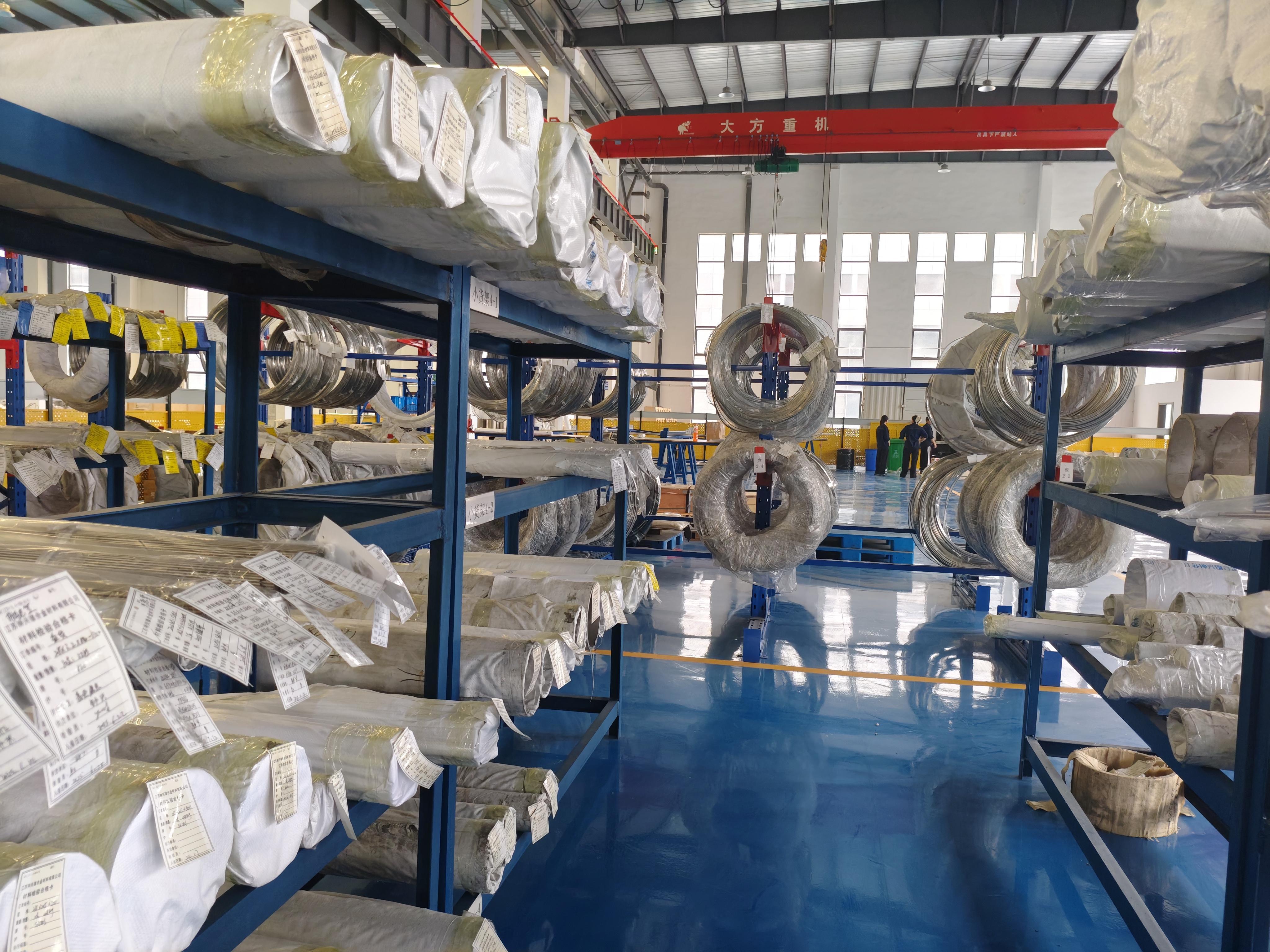
|
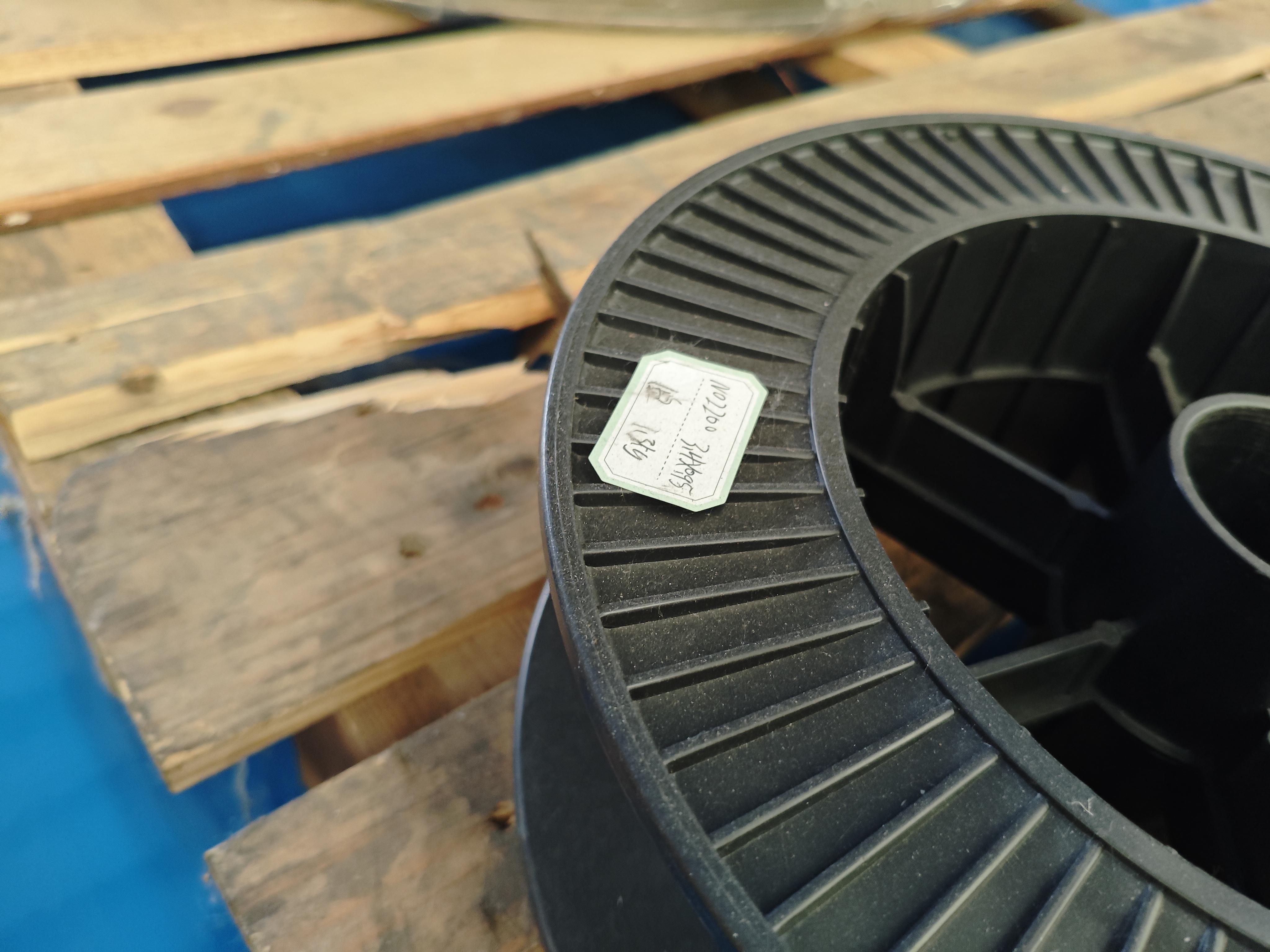
|
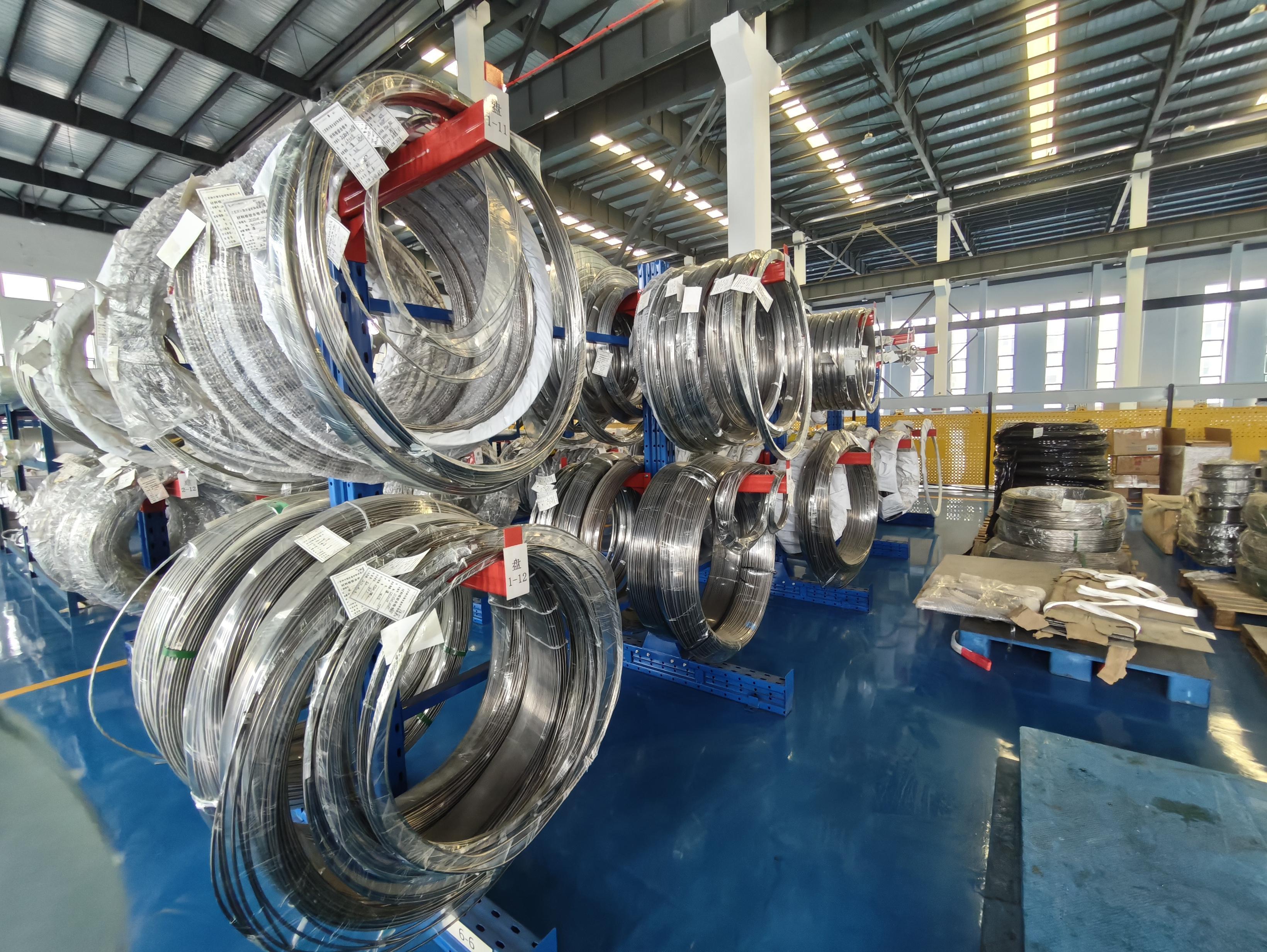
|
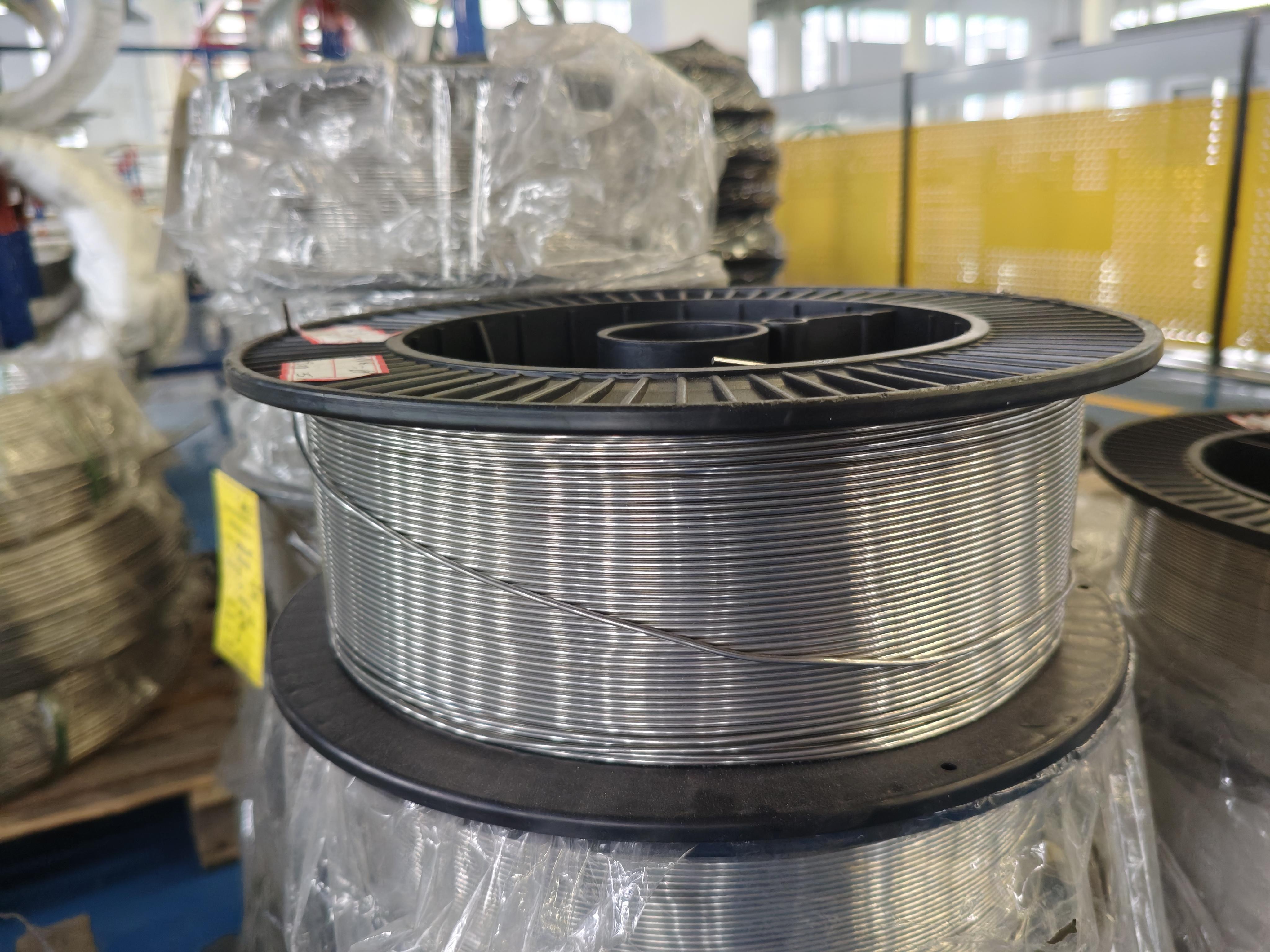
|
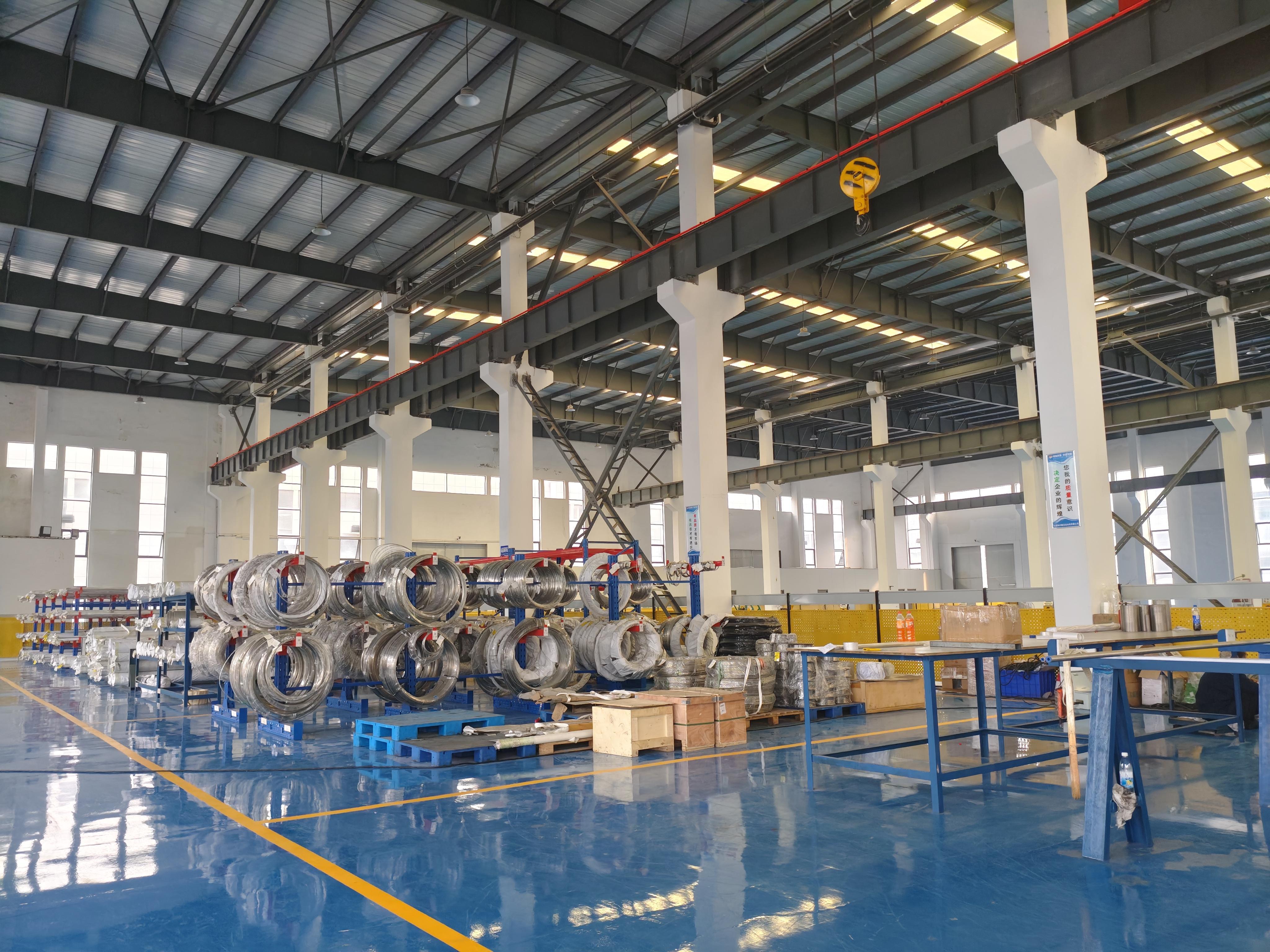
|
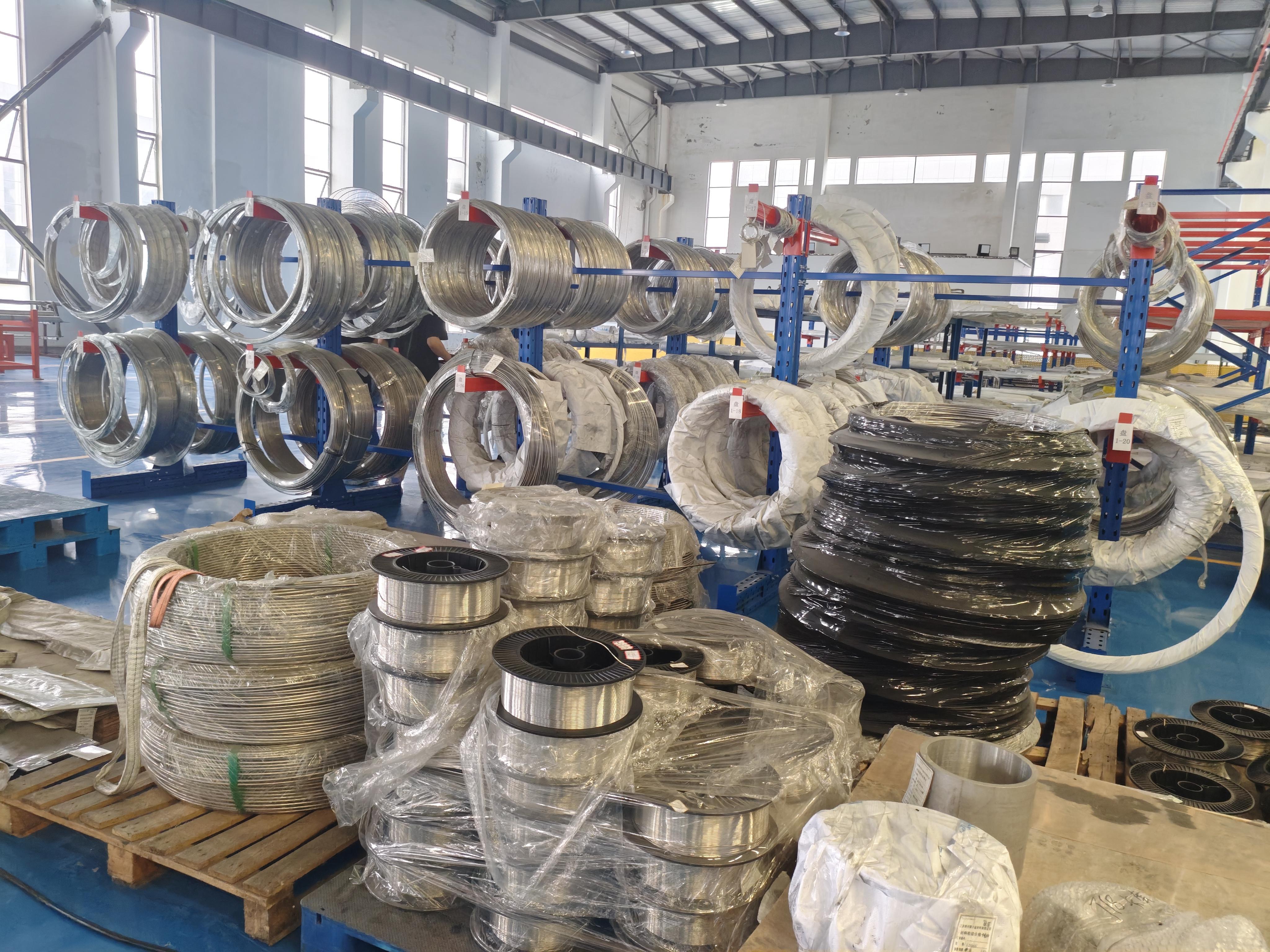
|
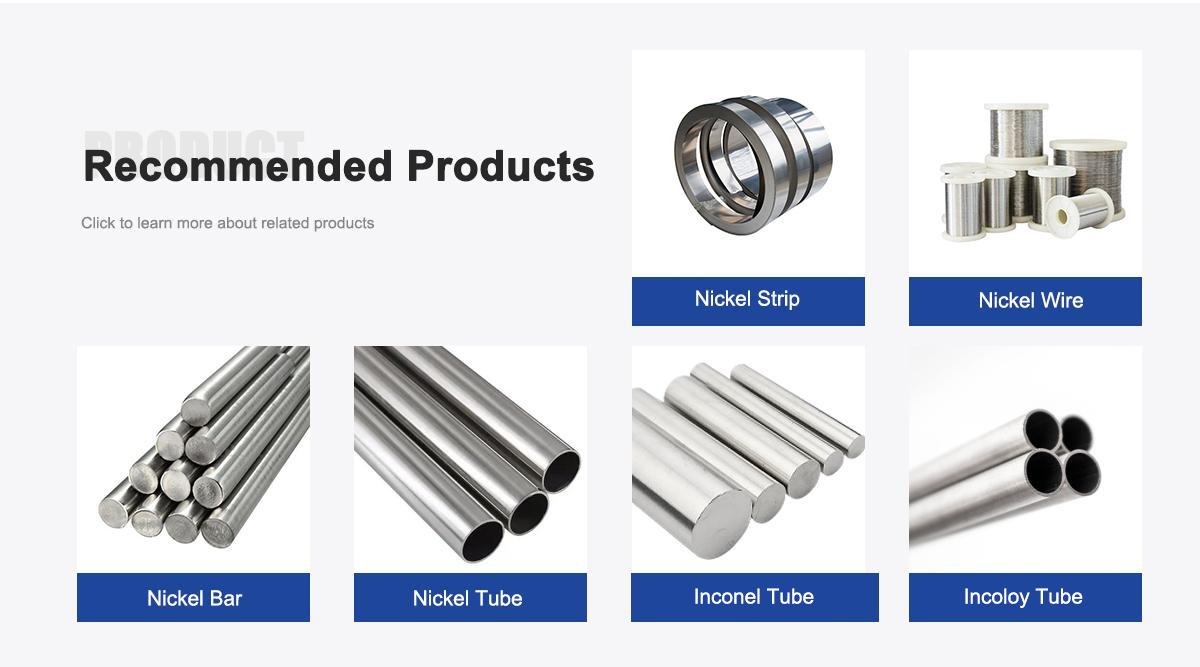
About Us:
Our 12,000㎡ factory is equipped with complete capabilities for research, production, testing, and packaging. We strictly adhere to ISO 9001 standards in our production processes, with an annual output of 1,200 tons. This ensures that we meet both quantity and quality demands. Furthermore, all products undergo rigorous simulated environment testing including high temperature, high pressure, and corrosion tests before being dispatched, ensuring they meet customer specifications.
For all our clients, we offer timely and multilingual after-sales support and technical consulting, helping you resolve any issues swiftly and efficiently.
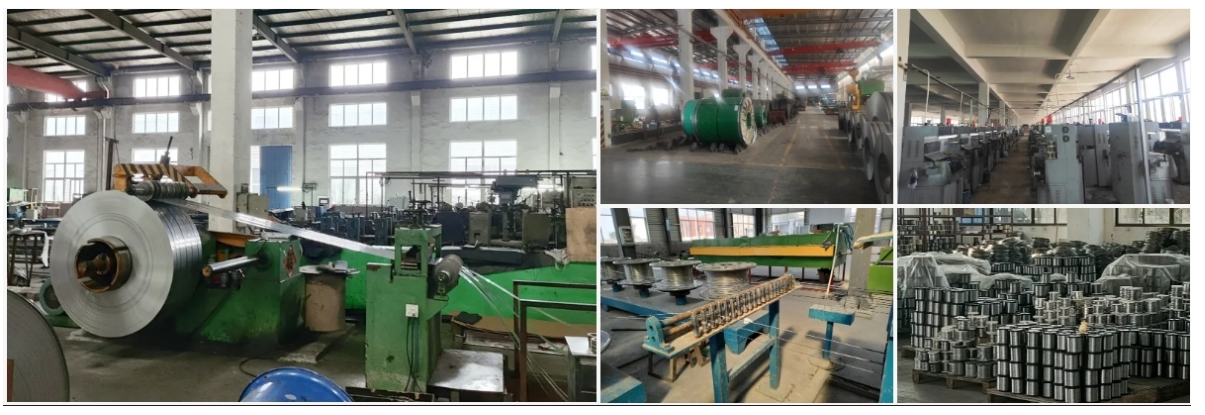
Client Visits
Building Stronger Partnerships

We support all kinds of testing:
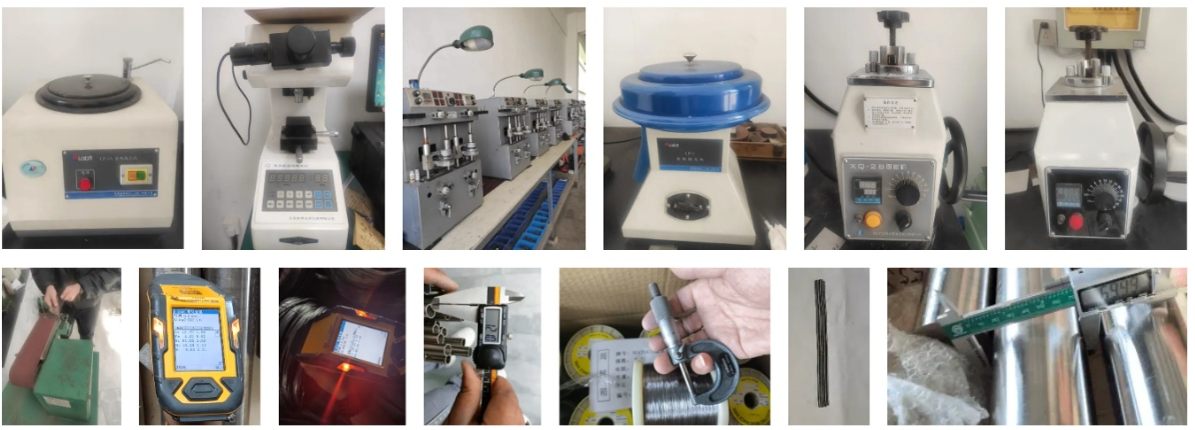

FAQs:
-
Why is Inconel 625 ideal for heat exchangers?
Its corrosion resistance and high-temperature strength make it perfect for handling aggressive fluids and extreme heat. -
What environments can Inconel 625 coil tubes withstand?
They resist corrosion from acids, seawater, and high-salinity fluids, ideal for chemical and marine applications. -
Can Inconel 625 coil tubes be used in high-pressure systems?
Yes, their high tensile and yield strength ensure reliability in high-pressure heat exchangers. -
How does Inconel 625 compare to stainless steel?
It offers superior corrosion resistance and high-temperature performance compared to stainless steel. -
What industries benefit from Inconel 625 coil tubes?
Power generation, chemical processing, oil and gas, marine, and aerospace industries rely on them. -
Is Inconel 625 cost-effective for heat exchangers?
Its durability and low maintenance needs lead to significant long-term savings. -
What temperatures can Inconel 625 coil tubes handle?
They perform from cryogenic temperatures up to 982°C (1800°F). -
Why use coil tubing for heat exchangers?
Continuous lengths reduce joints, improve efficiency, and minimize leaks in complex systems.
